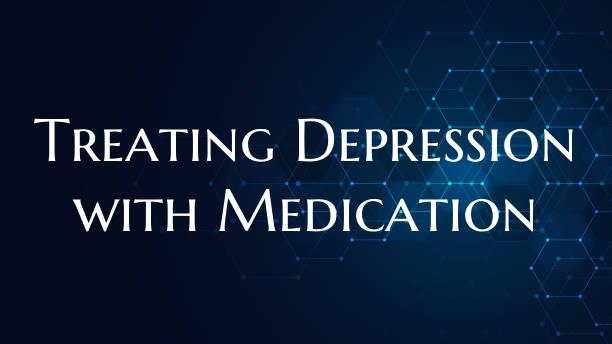
Treating Depression with Medication
Introduction: Depression is a serious mental health condition that affects millions of people worldwide. While there are various treatment options available, including therapy and lifestyle changes, medication can also play a crucial role in managing depression. In this article, we will explore how medication can be used as an effective treatment for depression and the different types of medications commonly prescribed.
Understanding Depression Medication: There are several classes of medications commonly prescribed to treat depression, including selective serotonin reuptake inhibitors (SSRIs), serotonin-norepinephrine reuptake inhibitors (SNRIs), tricyclic antidepressants, and atypical antidepressants. These medications work by altering the levels of neurotransmitters in the brain, such as serotonin and norepinephrine, which are known to impact mood regulation.
How Medication Helps: Medications for depression can help alleviate symptoms such as persistent feelings of sadness, hopelessness, and lack of interest in activities. By restoring the balance of neurotransmitters in the brain, these medications can improve mood, increase energy levels, and enhance overall well-being. It is important to note that medication alone may not be sufficient for treating depression, and it is often recommended to combine medication with therapy for optimal results.
Finding the Right Medication: Finding the right medication for depression can be a trial-and-error process, as individuals may respond differently to various medications. It is essential to work closely with a healthcare provider to determine the most suitable medication based on factors such as symptoms, medical history, and potential side effects. Regular monitoring and adjustments to the medication may be necessary to ensure its effectiveness.
Potential Side Effects and Risks: Like any medication, antidepressants can have side effects, ranging from mild to severe. Common side effects may include nausea, dizziness, fatigue, and sexual dysfunction. It is crucial to be aware of these side effects and communicate any concerns with your healthcare provider. In rare cases, antidepressants may also increase the risk of suicidal thoughts, especially in young adults. Close monitoring is essential, particularly when starting a new medication or adjusting the dosage.
Conclusion: Medication can be a valuable tool in the treatment of depression, helping to alleviate symptoms and improve overall quality of life for individuals struggling with this condition. While it is not a one-size-fits-all solution, antidepressants can be an effective part of a comprehensive treatment plan when prescribed and monitored appropriately. If you or someone you know is experiencing symptoms of depression, seeking professional help and exploring medication options with a healthcare provider can be an important step towards recovery and well-being.